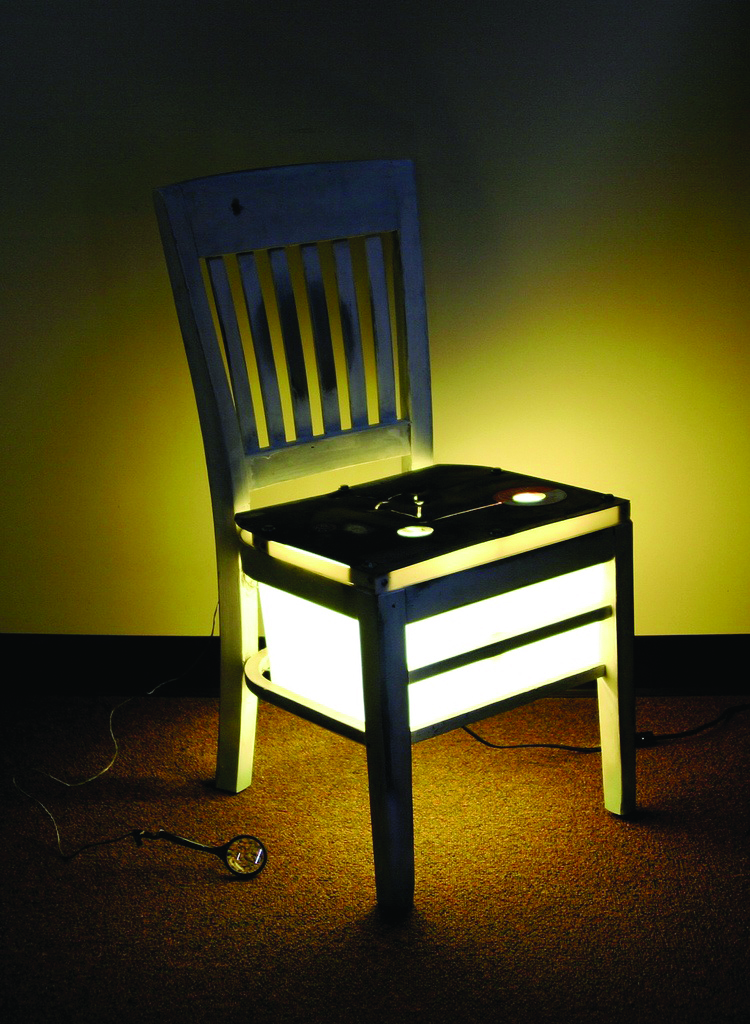Is your desk made by a prisoner? furniture at UMW is manufactured by inmates Throughout Virginia
3 min read
By Sarah Denby
Before a desk enters a UMW classroom, it first passes through the hallways of a prison.
It’s true. Most of the furniture at UMW was manufactured at one of the various prisons located around the state by Virginia Correctional Enterprises (VCE).
VCE is operated by the Virginia Department of Corrections, and was established in 1934 by the General Assembly as a work program for individuals incarcerated in prisons located around the Commonwealth of Virginia.
According to information provided by Karl Schnurr, senior account representative and sales of VCE in Northern Virginia, the mission of VCE is to enhance the correctional programs of the Commonwealth of Virginia by operating a business that provides jobs and work skills for sentenced offenders to help them successfully re-enter society.
At the same time, the program offers goods and services at a fair price to customers.
Prisoners who work for the VCE learn skills such as building and upholstering furniture, as well as providing printing and microfilm services.
After prisoners are released, they will be able to take the skills they aquired and get a job using them. The theory is that this will help keep them from ending up behind bars again.
Despite those reasons, the prisons get customers because it’s the law.
The Commonwealth of Virginia requires that the university, along with other departments and institutions funded by the state, buy and obtain goods produced by VCE.
According to Section 53.1-47 of the Code of Virginia, “Purchase by agencies, localities and certain nonprofit organizations,” is required if the inmates make the type of furniture desired.
The state code also states that the articles and services provided can be purchased by “any county, district of any county, city or town and by any nonprofit organization, including volunteer lifesaving or first aid crews, rescue squads, fire departments, sheltered workshops and community service organizations.”
All of the furniture at UMW comes from VCE if they make it, according to K.C. McCullogh, director of purchasing and stores for UMW.
“[VCE] either makes or distributes all kinds of furniture on campus,” he said. “Wherever there’s a need for furniture on campus, which is quite a few times.”
This includes items such as the chairs, classroom desks and couches that are located in the lobbies of the academic buildings.
McCullough also said that orders have been particularly high from VCE since the opening of Lee Hall.
Furniture, such as desk chairs, lounge furniture and common area furniture are currently being ordered from the VCE for Eagle Village, so it will arrive in time for the opening in the fall.
However, if the VCE does not make a specific type of furniture, the university must get special permission to buy from another provider.
“We have to get a waiver, which takes a day or two,” McCullough said.
Some of the furniture for Eagle Villiage is an exception to the waiver requirement as well.
The new beds and dressers for Eagle Village will not be manufactured from VCE, but instead from Foliot Furniture, a manufacturer that provides furniture for hotels and military housing.
Instead of getting a waiver from VCE to purchase the beds and dressers from Foliot, UMW now has a state contract with them.
“We’ve had a contract with Folio since 2009,” McCullough said.











